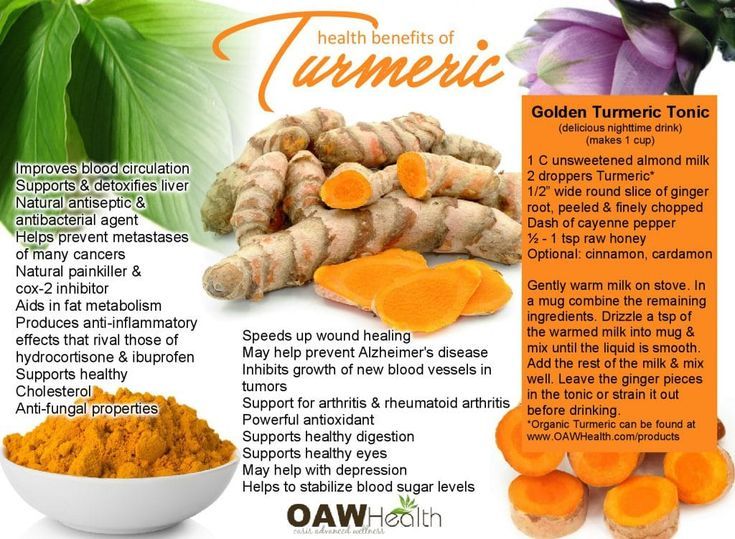Turmeric, scientifically known as Curcuma longa, is a vibrant, orange-yellow spice native to the Indian subcontinent. It has been used for thousands of years in traditional Ayurvedic medicine and has gained significant popularity in recent years for its potent healing properties.
The Active Compound: Curcumin
The key bioactive component of turmeric responsible for its therapeutic benefits is curcumin. Curcumin is a powerful anti-inflammatory and antioxidant compound that has been extensively studied for its potential health effects. It is widely recognized for its ability to reduce inflammation, manage chronic pain, and promote overall well-being.
Anti-Inflammatory Effects
Chronic inflammation is believed to be the root cause of several diseases, including heart disease, cancer, and Alzheimer’s disease. Curcumin, found abundantly in turmeric, has been shown to inhibit the inflammatory response by blocking certain molecules responsible for triggering inflammation. Its anti-inflammatory properties make it a valuable aid in managing chronic inflammatory conditions.
Pain Management and Joint Health
Turmeric has long been used as a natural remedy for pain and joint-related issues. Curcumin’s ability to reduce inflammation plays a crucial role in alleviating pain and improving joint health. Studies have shown promising results in the use of curcumin supplements for managing conditions like arthritis, rheumatoid arthritis, and osteoarthritis. The anti-inflammatory properties of curcumin make it a safer alternative to nonsteroidal anti-inflammatory drugs (NSAIDs) for long-term use.
Enhancing Brain Function
Curcumin has the potential to cross the blood-brain barrier, meaning it can directly affect brain cells. It has been found to stimulate the production of brain-derived neurotrophic factor (BDNF), a growth hormone that promotes the growth and survival of neurons. BDNF plays a vital role in maintaining cognitive function, protecting against degenerative brain disorders, and enhancing overall brain health.
Powerful Antioxidant Properties
Oxidative stress caused by free radicals can damage cells and contribute to various chronic diseases. Curcumin acts as a potent antioxidant, neutralizing free radicals and protecting cells from oxidative damage. Its antioxidant properties make it a valuable tool in combating age-related diseases, supporting healthy aging, and bolstering the body’s defense system.
Other Potential Benefits
The therapeutic potential of turmeric extends beyond its anti-inflammatory and antioxidant effects. Studies suggest that curcumin may have anticancer properties, inhibit the growth of cancer cells, and promote cancer cell death. Additionally, turmeric has shown promise in improving digestion, supporting liver health, and boosting the immune system, making it a versatile herb with a wide range of potential health benefits.
Incorporating Turmeric into Your Lifestyle
There are numerous ways to incorporate turmeric into your daily routine. One popular method is by adding it to your meals, such as curries, soups, stews, and smoothies. You can also find turmeric supplements available in capsules or as powders to easily incorporate into your dietary regimen. However, it’s important to note that curcumin’s bioavailability is relatively low, meaning it gets quickly metabolized and eliminated from the body. To enhance absorption and maximize the benefits, it’s recommended to consume turmeric with black pepper, which contains piperine, a compound that boosts curcumin absorption.
Precautions and Side Effects
While turmeric is generally considered safe for most people, some individuals may experience side effects such as digestive issues or allergic reactions. It is always advisable to start with small doses and gradually increase intake to assess individual tolerance. Furthermore, individuals with certain medical conditions or those taking specific medications should consult their healthcare provider before incorporating turmeric into their health regimen.
The Bottom Line
Turmeric, with its active compound curcumin, offers a wide range of potential health benefits. Its anti-inflammatory, antioxidant, and possible anticancer properties make it a promising natural remedy for various ailments. While incorporating turmeric into your lifestyle may support overall well-being, it’s essential to remember that it is not a substitute for professional medical advice. As with any supplement or health regimen, it’s crucial to consult with a healthcare professional before making any significant changes.
